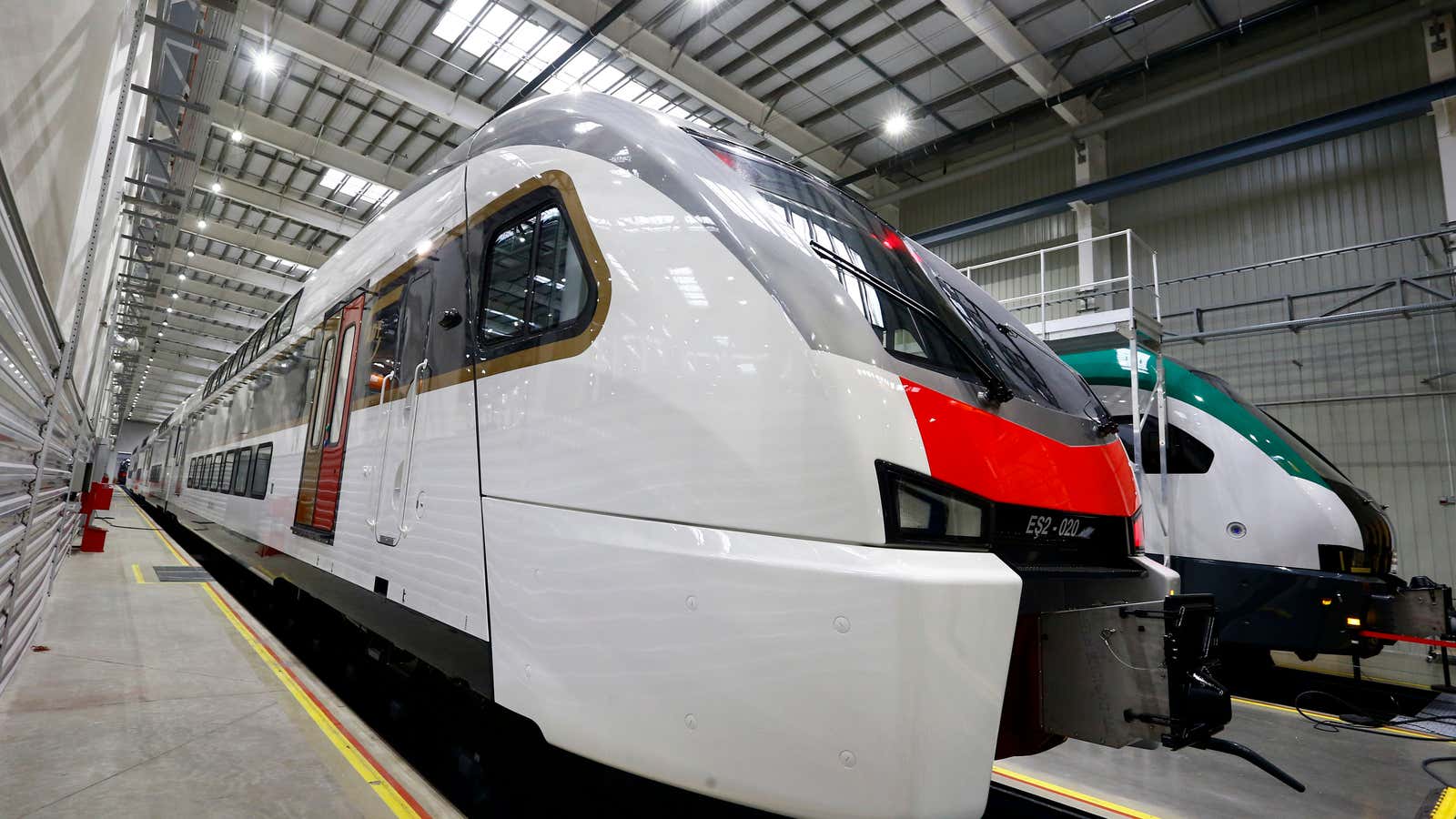Tanzania is testing its new electric rail line as part of its commitment to reducing carbon emissions by moving away from diesel powered trains used by its regional peers.
Electric trains started plying the Dar es Salaam – Morogoro on July 4, a 300km distance after the government awarded a $1.92 billion contract to a Turkish firm to build 422 km of its Standard Gauge Railway (SGR.)
Tanzania’s Works and Transport ministry last year signed an agreement with South Korea’s Hyundai Rotem to deliver 42 electric trains. The trains cruise at a speed of 160 km/h and are running parallel to the old rail. Kenya’s diesel powered trains travel at a maximum speed of 120km/h while emitting dangerous fumes to the atmosphere.
Tanzania’s move to cut carbon emissions
May this year, minister of state in the vice president’s office in charge of environment Selemani Jafo said during a ministerial meeting that Tanzania plans to cut carbon emissions by 30-35% by 2030.
To tackle climate change, Tanzania is prioritizing the Julius Nyerere hydro power project as a renewable power source set to generate 2,115MW. This is expected to reduce reliance on diesel and coal.
There are also plans for the country’s Bus Rapid Transport system in the capital Dar es Salaam, according to Jafo, to ditch diesel for natural gas.
Electric trains emit between 20% and 35% less carbon per passenger mile than diesel ones
Figures from the UK Rail Safety and Standards board show some diesel locomotives emit more than 90g of carbon dioxide per passenger per kilometer, compared with about 45g for an electric train.
On average, electric trains have a passenger capacity of 600 which means Tanzania will reduce around 16,200 kg of carbon dioxide per round trip per train. In 2019, Tanzania’s carbon footprints stood at 12 million metric tons according to the World Bank. South Africa tops Africa’s big carbon emitters, with 471.6 million metric tons of carbon (MtC) emitted in 2019.
Rail electrification is an important part of any country’s carbon reduction strategy. According to the UK’s Department for Transport, an electric train emits between 20% and 35% less carbon per passenger mile than a diesel train. Electric trains also have zero emissions at the point of use, of particular benefit for air quality in pollution hot spots.
The global transport sector contributes about 22% of all emissions according to the European Environment Agency, with studies indicating that air pollution causes more than 3.2 million premature deaths each year worldwide.
